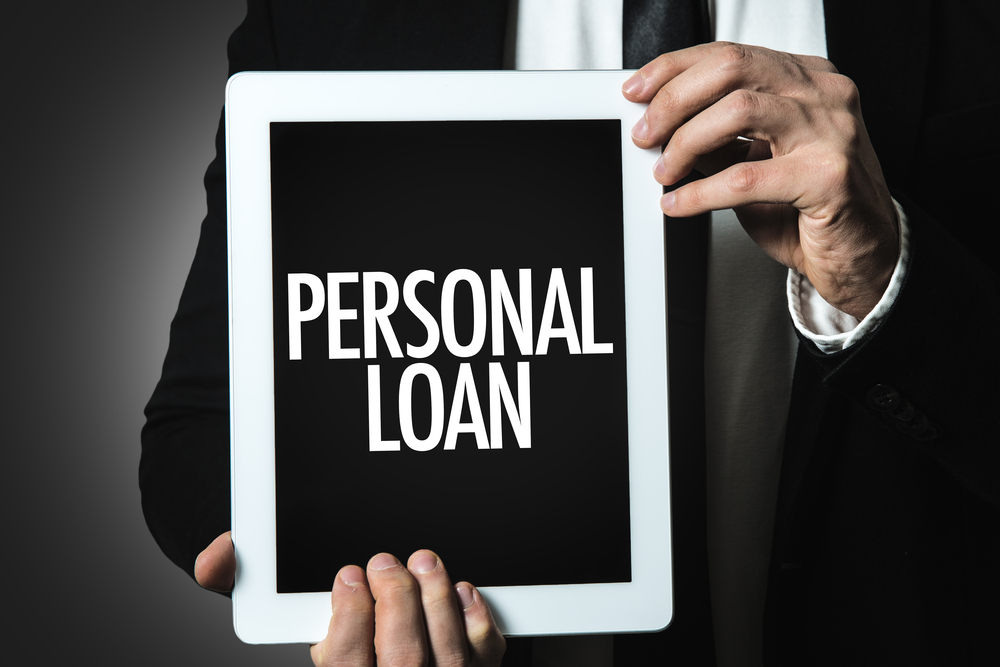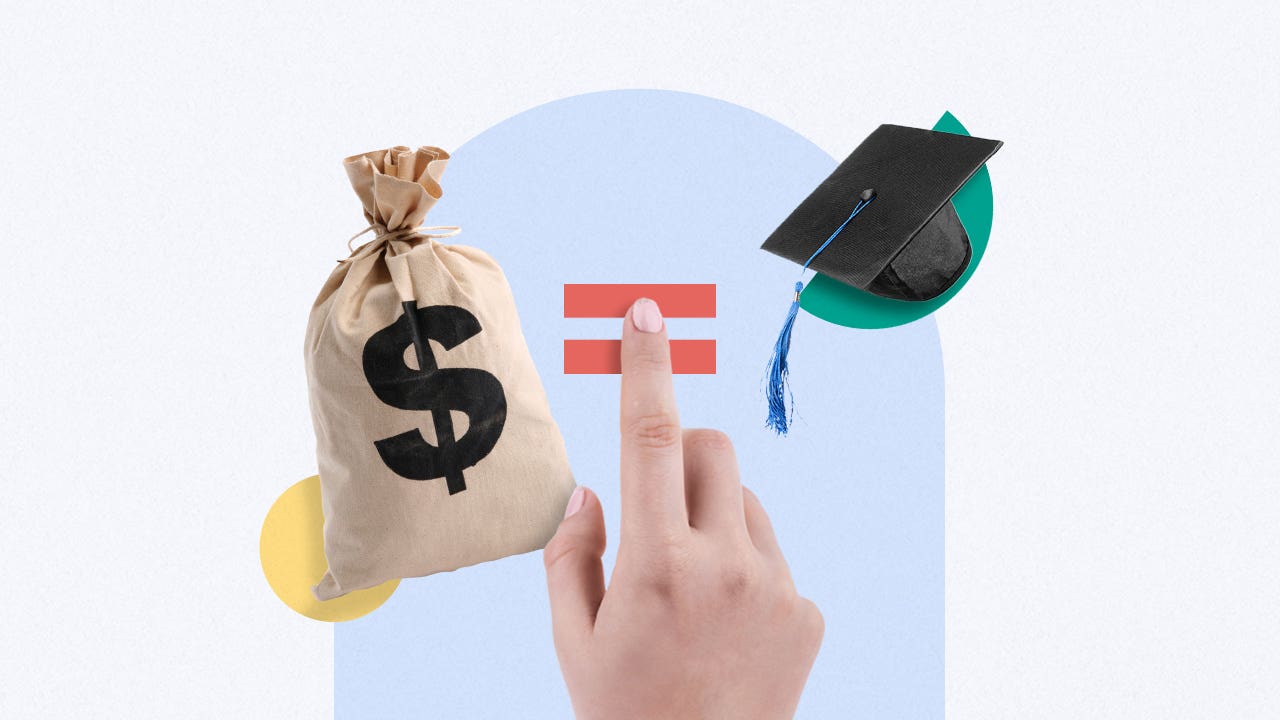How Pre Approval Student Loans Simplify Your Financial Preparation
How Pre Approval Student Loans Simplify Your Financial Preparation
Blog Article
Understanding the Effect of Rates Of Interest on Home Loans for First-Time Customers
Browsing the maze of home financings can be discouraging for first-time buyers, especially when interest rates play a pivotal role in shaping their financial trip. The selection in between adjustable-rate and set home mortgages lugs considerable repercussions, affecting regular monthly budget plans and long-term financial security. As passion prices change with economic shifts, understanding their resolution comes to be crucial.
Exactly How Rates Of Interest Are Figured Out
Rate of interest on home mortgage are figured out by a complex interaction of economic factors and plans. The key driver is the financial policy established by reserve banks, such as the Federal Book in the United States, which readjusts the federal funds price to influence financial activity. When the reserve bank elevates this rate, obtaining ends up being more costly, frequently bring about enhanced home mortgage rates of interest. On the other hand, decreasing the federal funds price can make borrowing more affordable, potentially minimizing mortgage rates.
Another prominent variable is rising cost of living. Higher inflation normally brings about higher rates of interest as loan providers require even more go back to offset the decreasing buying power of future settlements. Financial development additionally plays an essential function; in periods of durable economic efficiency, need for credit increases, which can drive up rates of interest.
Additionally, the bond market considerably affects home loan prices. Long-lasting rates of interest, including those for mortgage, are very closely linked to returns on federal government bonds. As bond yields increase, so do mortgage rates, reflecting the increased price of lasting loaning.

Kinds Of Rate Of Interest
Understanding the numerous kinds of passion rates is indispensable to comprehending just how home fundings operate. There are mainly two classifications of rates of interest that borrowers come across: fixed and variable. A fixed rate of interest continues to be constant throughout the term of the loan. This provides predictability in month-to-month payments, supplying borrowers with stability and simplicity in budgeting. It is particularly useful in settings where future rate of interest boosts are prepared for.
In comparison, a variable rates of interest, also referred to as an adjustable price, changes with time, typically in reaction to modifications in a specified criteria or index. These prices commonly begin reduced than dealt with prices, which can be eye-catching to new customers. However, they entail the risk of increasing over time, potentially resulting in greater total prices if market prices increase.
Furthermore, some loan providers provide hybrid rate of interest rates, combining components of both dealt with and variable prices. An introductory duration with a set rate might be followed by a variable price. Comprehending these distinctions is important for customers to make informed choices that line up with their financial situations and take the chance of tolerance, as each type offers special benefits and prospective drawbacks.

Influence On Regular Monthly Settlements
Regular monthly settlements on mortgage are straight influenced by the kind of rates of interest picked, which can significantly impact a consumer's financial preparation. Fixed-rate home mortgages provide security, as the passion rate stays unmodified over the car loan's term, making certain that monthly payments stay consistent. This predictability help in budget planning, supplying a clear economic image over the car loan's period. Alternatively, variable-rate mortgages (ARMs) initially present lower rate of interest prices, which can bring about smaller sized initial payments. Nevertheless, these rates go through variations based upon market problems after the first fixed period, potentially increasing monthly obligations.
The choice between my explanation a fixed-rate and a variable-rate mortgage can have prompt consequences on a property buyer's regular monthly budget plan. Fixed-rate car loans safeguard versus market volatility, supplying assurance but often at a greater preliminary rate contrasted to ARMs. For customers planning to remain in their homes long-lasting, this can be advantageous. On the other hand, ARMs may fit buyers anticipating income development or those preparing to market prior to the rate modification occurs, permitting them to maximize lower repayments initially. Eventually, understanding these characteristics is essential for newbie buyers to manage their month-to-month payments successfully and straighten them with their monetary approaches.
Long-lasting Financial Effects
The choice of rate of interest kind for a home mortgage extends beyond instant regular monthly settlements, lugging significant long-term financial implications. A fixed-rate home loan, for example, uses security by securing in rate of interest find here throughout of the loan term, protecting customers from future rate increases. This predictability can aid in long-term financial planning, allowing property owners to forecast expenses without the risk of rising payments. Nonetheless, if market prices drop, debtors with a fixed-rate home loan may miss out on potential savings unless they re-finance.
On the other hand, a variable-rate mortgage (ARM) typically begins with a lower rates of interest, which can result in reduced initial settlements. In time, nonetheless, the rate can fluctuate based upon market conditions, possibly leading to greater payments. This irregularity introduces an aspect of uncertainty, which might impact monetary security if rates raise considerably.

Techniques for Handling Rates
Navigating interest prices on home loans requires critical preparation to optimize financial end results. Newbie homebuyers need to take into consideration securing in interest prices when they are positive, as this can shield them from potential price hikes prior to their finance closing. Rate locks typically last in between 30 to 60 days and give a procedure of certainty in an often unpredictable market. Additionally, customers may discover discount rate points, which include paying an upfront charge to secure a reduced interest price. This can lead to significant savings over the financing's life expectancy, specifically if the buyer intends to stay in the home long-lasting.
One more approach involves choosing the ideal loan type. Fixed-rate home loans supply security, protecting customers from future price rises, while adjustable-rate mortgages (ARMs) might provide reduced first prices with the threat of future adjustments. Buyers ought to very carefully analyze their economic situation and risk tolerance when choosing between these choices (pre approval student loans).
Last but not least, keeping a solid credit scores profile is important. A higher credit rating can significantly enhance negotiation power for more desirable rate of interest. Consistently assessing debt reports, addressing errors, and decreasing exceptional financial obligation can improve overall credit reliability, therefore positioning buyers to secure one of the most helpful rates readily available.
Verdict
A detailed understanding of interest rates on home financings is vital for new buyers to make educated choices. Strategic management of rate of interest prices can significantly influence homeownership success and monetary health.
When the central bank increases this price, obtaining becomes much more costly, usually leading to increased home finance interest rates.In contrast, a variable rate of interest price, additionally recognized as an adjustable rate, moved here varies over time, normally in feedback to adjustments in a specified benchmark or index.Additionally, some loan providers use hybrid rate of interest prices, incorporating components of both dealt with and variable prices - pre approval student loans. A fixed-rate home mortgage, for instance, supplies security by securing in passion prices for the period of the financing term, protecting borrowers from future rate increases. First-time buyers need to take into consideration securing in passion prices when they are positive, as this can protect them from prospective rate hikes prior to their loan closing
Report this page